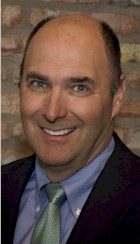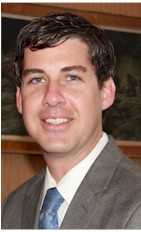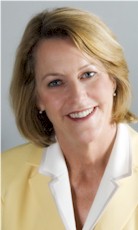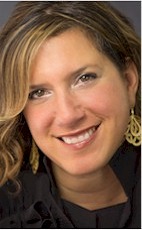
One of the big shifts I've seen in resort spas is the evolution of the dining experience. Spa food used to have the connotation of deprivation, a limited regime devoid of one's favorite things. Today, it's no longer bland food but a flavorful, healthy cuisine that many guests want to indulge in. We call it “intelligent cuisine” and it's not just about great-tasting, soul-satisfying food that's good for you, it's also about the provenance of the food: where it comes from, who produces it, and how it impacts the planet, our bodies and our sense of wellbeing. READ MORE



















